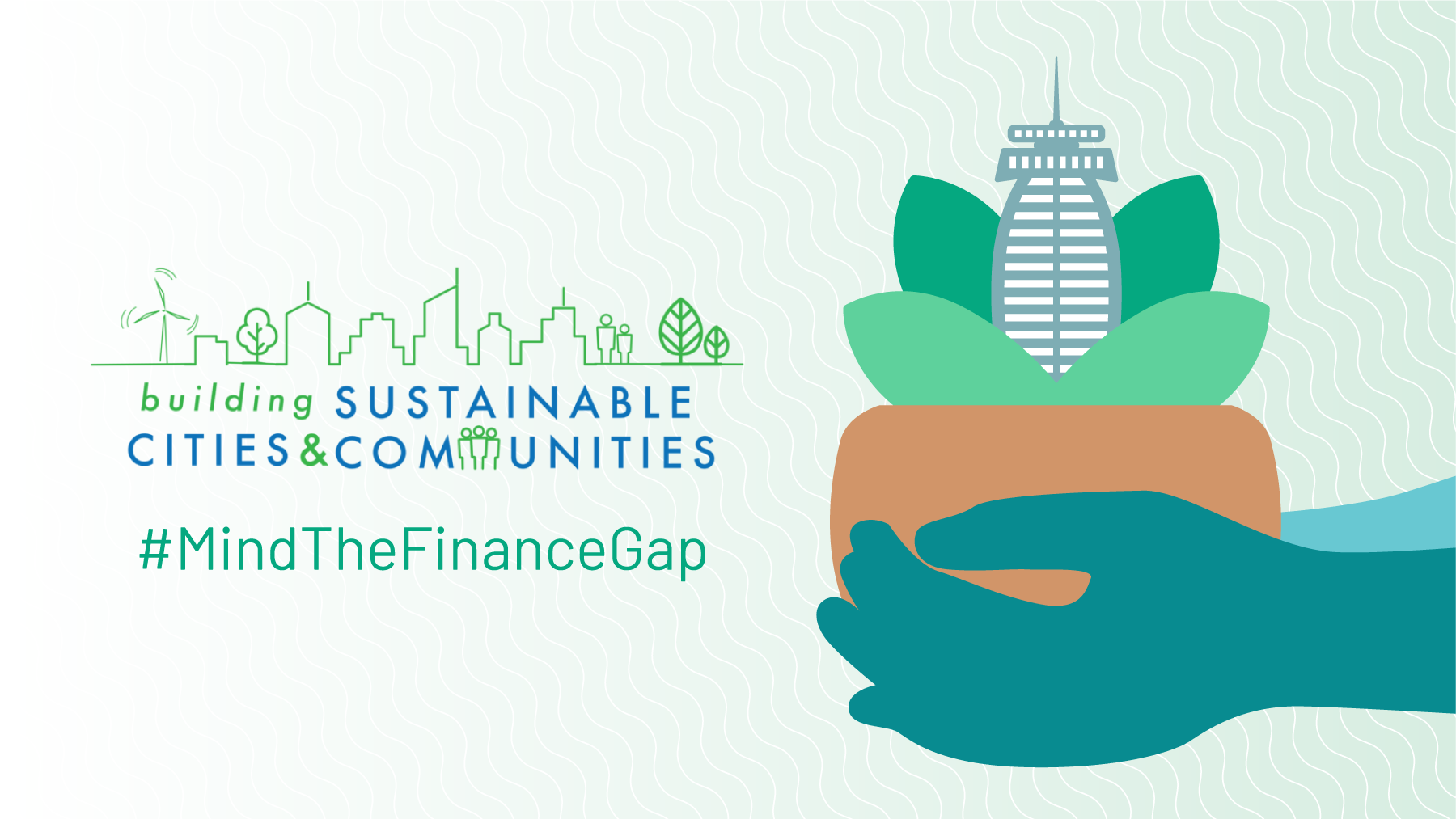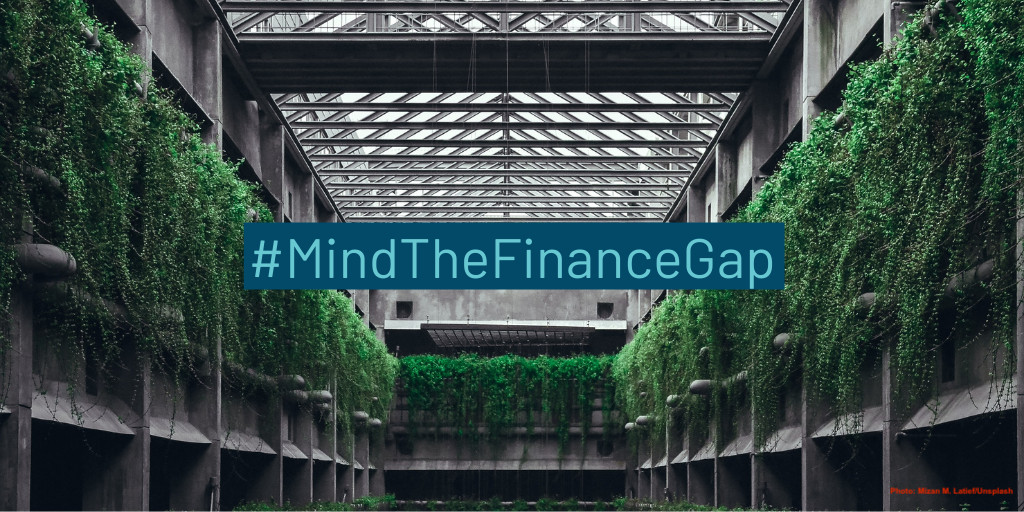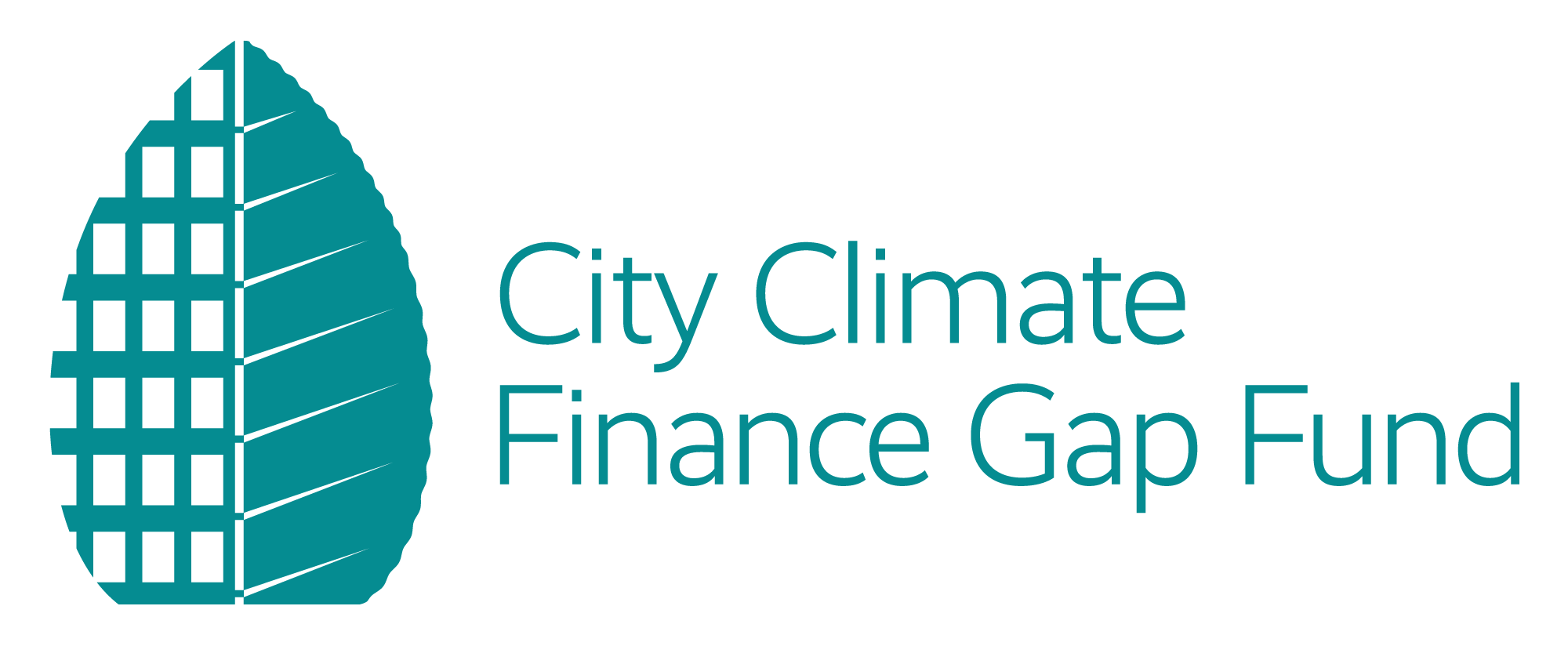Financing climate-smart urban development in the wake of COVID-19

Home to an ever-growing majority of people, and central hubs of traffic, industry, and commerce, cities simultaneously house the biggest contributors to climate change and the bearers of some of its worst impacts. The COVID-19 pandemic has sharpened focus on cities’ profound influence in other ways, since the virus can spread rapidly in high-density populations and where cities serve as travel hubs.
The risks of climate change and pandemics escalate among the most vulnerable people, who, particularly in developing countries, often live in crowded quarters and informal settlements. Conditions tend to be unhygienic, with little or no running water, and lack usable public spaces.
It is hardly surprising that over 95% of COVID-19 cases are in urban areas. Cities are, therefore, where the twin battle against the virus and climate change must be fought—and won. Fortunately, some of the strategies are the same.
And history has repeatedly shown that cities can be “ferociously” efficient places and remarkable engines of innovation. They boast long traditions of reinventing themselves in response to pandemics, such as by introducing new sewage systems, public parks, and housing regulations to improve sanitation and reduce overcrowding.
As nations around the world embark on recovery from the pandemic, and anticipate a future of climate threats, we must harness this innovative spirit to build resilience to future shocks in all forms.

A hotel in Yogyakarta, Indonesia. Photo: Mizan M. Latief/Unsplash
Financing green, resilient, and inclusive urban development
As the pandemic wears on, cities are taking a major financial hit through increased costs for public health and social care, even as revenues from taxes and local services such as transport have nosedived. The pressure is mounting for cities to support businesses, generate jobs, and restore public services.
It may be tempting to try to return to the old normal. But if anything, the pandemic has spotlighted urban vulnerabilities, such as deficient public services, poor quality housing, insufficient public space, and patterns of development that exacerbate both the impacts of climate change and the spread of disease.
Instead of returning to the same path, urban development has a chance to catalyze a historic transition, one that takes steps to both recover from the pandemic and tackle climate change by moving towards development that is sustainable, resilient and includes everyone.
This would not be an easy feat even in the best of times. Cities struggle with limited governance, technical and institutional capacities. Many find it difficult to access enough finance, given challenges related to intergovernmental fiscal structures, regulatory environments, creditworthiness, bankability, and project pipelines. To chart a recovery that puts the pandemic behind us and is also climate smart and inclusive, they must access substantial and innovative financing, starting now.
Governments and institutions around the world have courageously agreed on trillion-dollar recovery strategies to meet the COVID-19 crisis. To make a real difference, this enormous amount of money must be spent wisely. Beyond investing in immediate public health, job creation, and livelihood support, there is an important window of opportunity to use funds to move toward smarter, more sustainable cities.
This is especially the case in developing countries where cities and infrastructure are growing exponentially. And it is particularly important for small and medium-sized cities, as many are expanding rapidly but with few resources, much less access to new sources of finance.
Concessional finance can help cities topple barriers and aim for new models of urban development. Development financial institutions offer important support by providing direct investments and backing private sector inflows.
To complement a variety of global initiatives—such as those announced at the UN Climate Action Summit in 2019—the Climate Investment Funds (CIF) has pledged to support cities through its Climate-Smart Urbanization Program. A key player in climate financing since 2008, CIF has established a unique business model that delivers transformative investment programs through predictable, at-scale, flexible, and highly concessional climate finance. It operates through a joint platform linking multilateral development banks.
Amid the ongoing challenges of the pandemic, the program’s focus is on delivering scaled finance, starting with upstream policy and strengthening of institutional know-how as well as diagnosis and planning where relevant, and then catalyzing large-scale investments to put those plans in motion.
Investments are foreseen in key sectors, including energy, transport, buildings, water and waste systems. And this will be done in a very inclusive and participatory manner, including by giving a voice to urban communities, particularly the most vulnerable.
By offering technical and financial support, CIF aims to help cities attract private sector investments from capital markets and other avenues. Prospects are bright. According to the International Finance Corporation (IFC), cities in emerging markets have the capability to attract more than $29 trillion in climate-related investments in key sectors by 2030.
Tapping into private flows will require strengthening revenue flows, regulatory environments and financial management systems, and developing financial instruments and investment vehicles that improve project bankability, enhance creditworthiness, and generate investor confidence and appetite through de-risking novel climate-smart solutions. CIF has a proven history of support in all of these areas.
Our goal is to see cities achieve more compact urban growth, more connected and resilient infrastructure, and more coordinated governance. These in turn can boost employment opportunities and long-term urban productivity, and yield far-reaching environmental and social benefits.
As a major global climate financier, CIF is determined to play our part in making the new normal, post COVID-19, a climate-smart, pandemic-proof urban model. We will collaborate closely with city leaders and all those who call cities home in making this vision a reality.
Mafalda Duarte is head of the Climate Investment Funds, one of the world’s largest multilateral climate funds.

